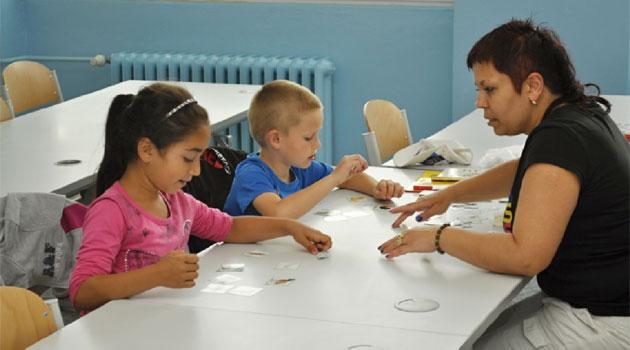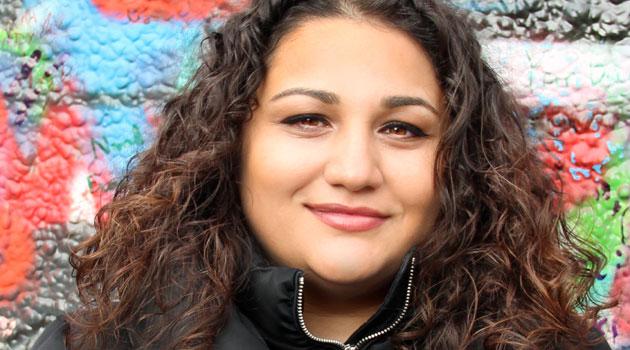Czech EdMin proposes new system to harmonize differences among educational advisory centers' recommendations

The recommendations made by educational advisory centers around the country on how to provide support measures for children living with disabilities could be assessed by staffers entrusted with that responsibility by the Czech Education Ministry as of next year. An amendment currently undergoing the inter-ministerial commenting procedure includes the proposal.
The measure, as described, would lead to curbing the current differences in the quality of the work done by such advisory centers in various regions. The system of providing such support for disadvantaged pupils would also involve child welfare authorities (OSPOD) more if the amendment is adopted.
Recommendations about the same kinds of issues that are made by advisory centers in different regions are currently extremely varied, according to the ministry. Its analysis has ascertained that differences among the kinds of support measures prescribed – such as providing an assistant in the classroom, providing tutoring, or using different teaching aids – range from a single kind of measure to as many as 19 different kinds, depending on the region.
The ministry currently has no opportunity to centrally control how the educational support measure system is being used, which it says is causing inequality of access to education and the ineffective distribution of money in education. “For that reason, the creation of assessment workplaces established by the Ministry of Education, Youth and Sport that will unify the approach for recommending support measures is proposed,” the plan describes.
The circle of recommendations for which assessment will be necessary would be established by the ministry in its implementing regulations. The assessors would have 30 days to express an opinion on the recommendations made by the advisory center.
If the assessor does not express an opinion within 30 days, then the recommendation would take effect. By instituting such a rule the ministry wants to avoid unnecessary delays in implementation of the recommendations for support.
When assessing the recommendations, the auditing workplace would collaborate with the advisory center and the school and would have the opportunity to call on the advisory center to adapt its recommendations according to the auditor’s assessment. The communications involved would take place through the centralized education information system that is also being planned.
The ministry is promising that the proposed changes will abate the administrative burden that schools experience when implementing support measures. A clear definition of the kinds of cases for which it is necessary to arrange for informed consent from parents would also contribute to cutting that burden down to size.
The proposal assumes greater involvement of social workers in cases where parents either do not seek the advisory center’s aid or refuse it, where such failure or refusal to seek assistance is contrary to the child’s interests. If a child’s legal guardians do not respond to a recommendation from the school to visit an advisory center within 30 days of the delivery of written notification to do so, the school should arrange to provide for an advisory center opinion on its own.
At the same time, in such a case, the school should inform OSPOD of the legal guardians’ non-response. The social welfare authorities would then let either the advisory center or the school know within three months whether the child meets the legal definition of being at risk and how the authority will proceed.
According to the amendment, OSPOD would deliver that information to the school in all cases where it ascertains a child is endangered. Currently, because of confidentiality protections, OSPOD can just do this for cases in which the school itself has drawn the authority’s attention to the family.
Changes in the functioning of the educational support measures system could apply as of January 2021 if the amendment is adopted and would be paid for within the limits of the approved budget. The costs for new staffers and the operation of the assessment workplaces has been quantified by the ministry at roughly CZK 16 million [EUR 635,470] annually.
The new adjustment to the educational support measures system could lead to curbing the number of assistants assigned to work with educators in the classrooms of mainstream schools, which would save about CZK 930 million [EUR 36,936,570] annually, the ministry has calculated. Approximately CZK 3.6 billion [EUR 142,992,860] has been allocated to inclusive education in this year’s budget, while last year the allocation was about CZK 400 million [EUR 15,888,095] higher.
